A new study reveals that LGBT women face challenges that hinder their economic wellbeing in jobs, health coverage, and in obtaining legal recognition for their families. The study, conducted by The National LGBTQ Task Force, Movement Advance Project, and Center for American Progress, is called Paying an Unfair Price: The Financial Penalty for LGBT Women in America, and highlights the numerous obstacles facing LGBT American women, including wage disparities, inflexible workplaces, and insurance coverage exclusions.
1. LGBT women -- especially trans women -- are at risk of employment discrimination, limiting their opportunities for advancement.
As recently as 2008, 16 percent of LGB people stated that they had lost their job because of their sexual orientation, and 35 percent claimed they were harassed by their employers, the study found. Meanwhile, 62 percent of LGB people surveyed for this study claimed that they heard jokes about gays or lesbians in their workplace. And a staggering 55 percent of trans women surveyed said that they were turned down for a job because of their gender identity.
2. LGBT women are asked to pay higher rates from healthcare providers.
LGBT women are twice as likely as non-LGBT women not to have a consistent doctor who they visit regularly. And LGBT women with incomes at or below $47,000 annually tend to lack health care coverage, the study revealed. As recently as 2014, 29 percent of LGBT women reported struggling to pay for health insurance for themselves or their families. Exclusions in health care for transition-related care make it prohibitively expensive for trans people to get hormone replacement therapy, mental health services, and gender-affirming surgeries.
3. LGBT women are more likely to be kept from becoming legal parents of their children.
The lack of marriage equality in all 50 states makes it difficult for women who are co-parenting with other women because they are not able to access the same benefits and programs as opposite-sex parents. As a result, these women often lack protected family or medical leave at work, and face challenges in finding safe, affordable health care for their families.
4. LGBT women face higher rents, longer rental applications, and are not provided with special promotional incentives.
A 2013 study by the U.S. Department of Housing and Urban Development discovered that opposite-sex couples were favored over same-sex couples by 16 percent when applying to the same rentals. Same-sex couples from the study were presented with higher rental prices, given barriers such as longer application procesess, and presented with less information about promotional incentives.
5. LGBT women lack protection from intimate partner violence because of stigma and lack of family recognition.
Women who do not have a legally recognized parent-child relationship may be afraid to leave an abusive relationship, because it could mean they would never see the children they helped raise again. The study also found that bisexual women are less "out" to their employers, and may stay in a poor relationship for the threat of being "outed" by their partner. Additionally, women who do report domestic violence to authorities may not be taken seriously by police officers because of stereotypes that only heterosexual relationships experience abuse.
6. LGBT families may not get the government assistance they require because they are unaware of their eligibility.
The legal patchwork of relationship recognition for same-sex couples can make it challenging for families to navigate state and federal benefit systems, the study notes. LGBT women may also feel uncomfortable to come out to state or federal employees. And while many government programs recognize same-sex marriage, some government employees may not be educated on the latest federal and state-recognized programs for LGBT people.
7. Undocumented LGBT immigrants face deportation, wage discrimination, and threat of violence in immigration detention.
It is estimated that there are 904,000 LGBT immigrants in the U.S. -- and 267,000 of those are undocumented and Hispanic. LGBT immigrants face threat of deportation, and extreme violence in immigration detention centers, especially for trans people. The study reports these immigrants fear speaking out against wage discrimination, inflexible schedules, and poor work conditions because they could be reported by their employers for being undocumented, which could result in their deportation.











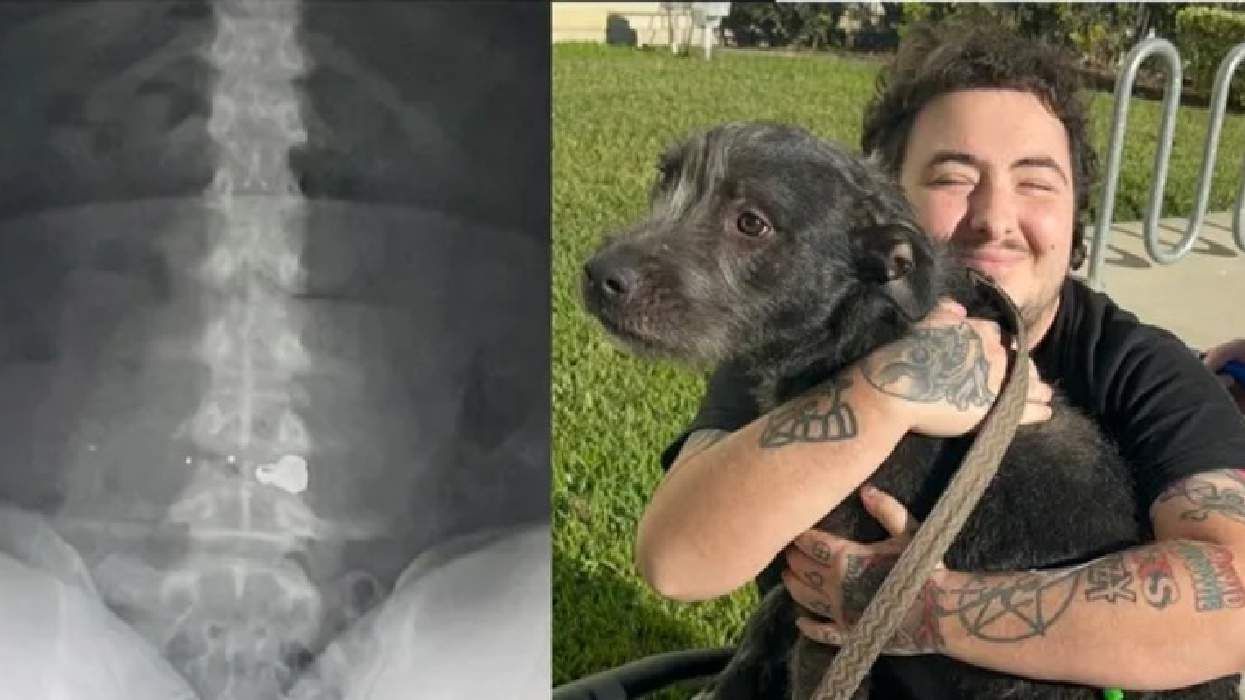
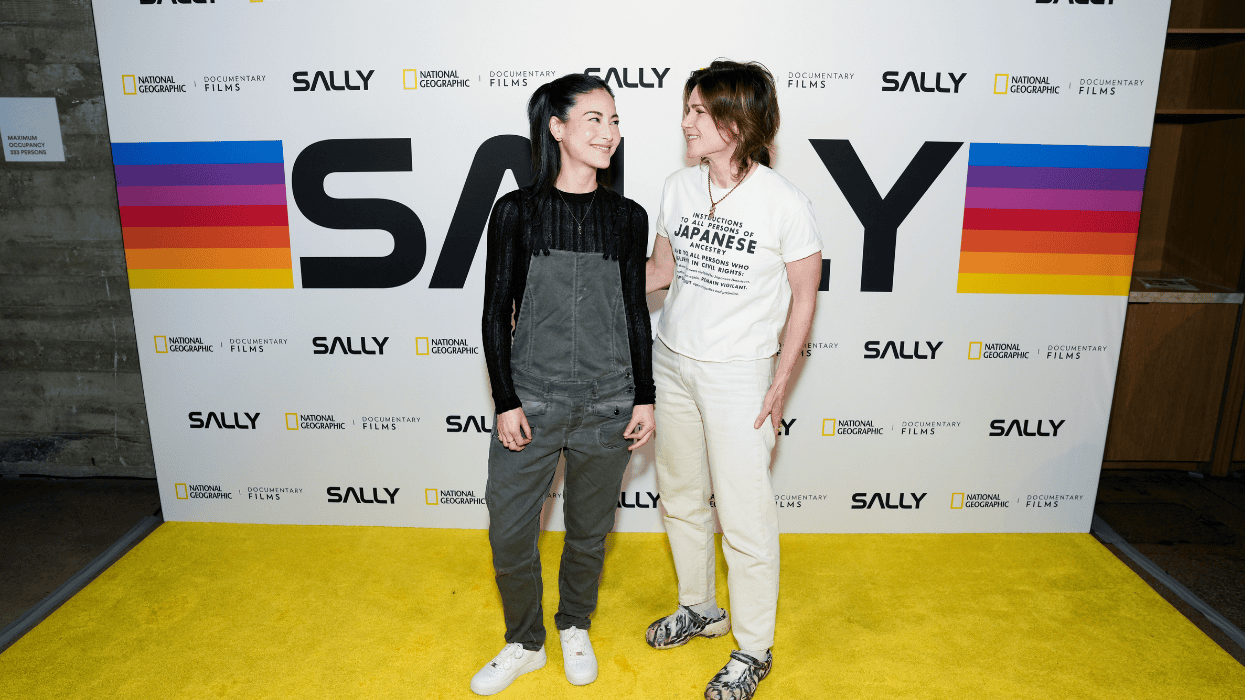
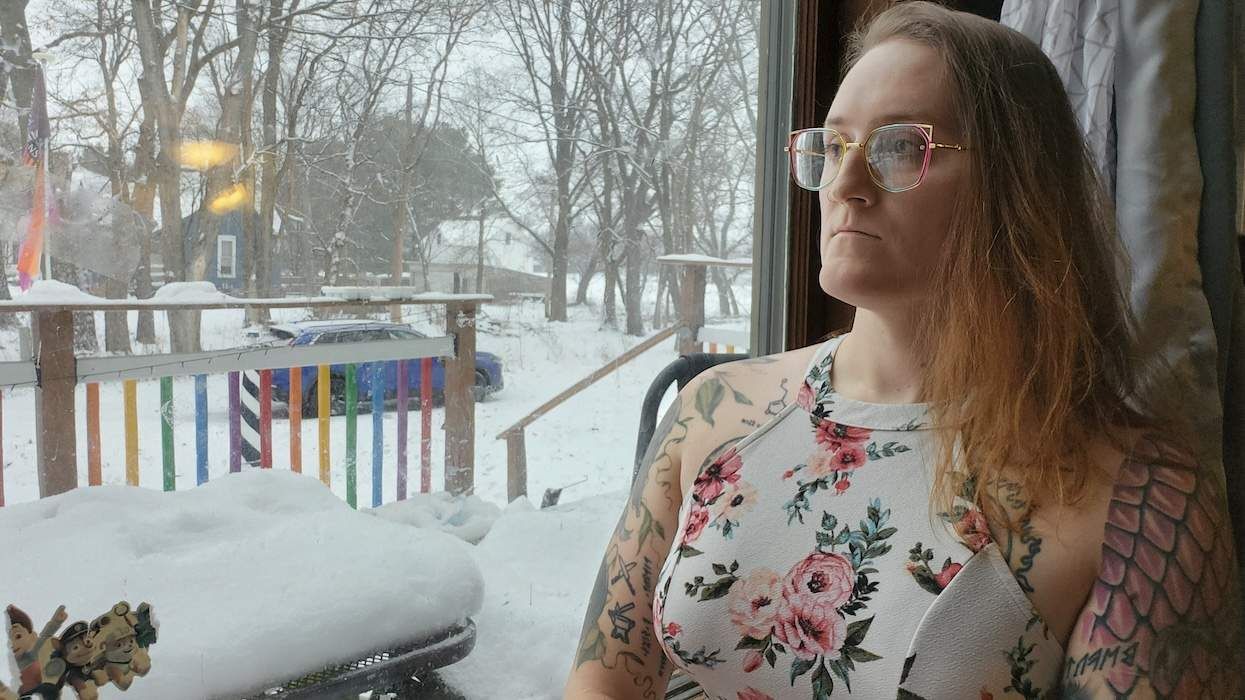

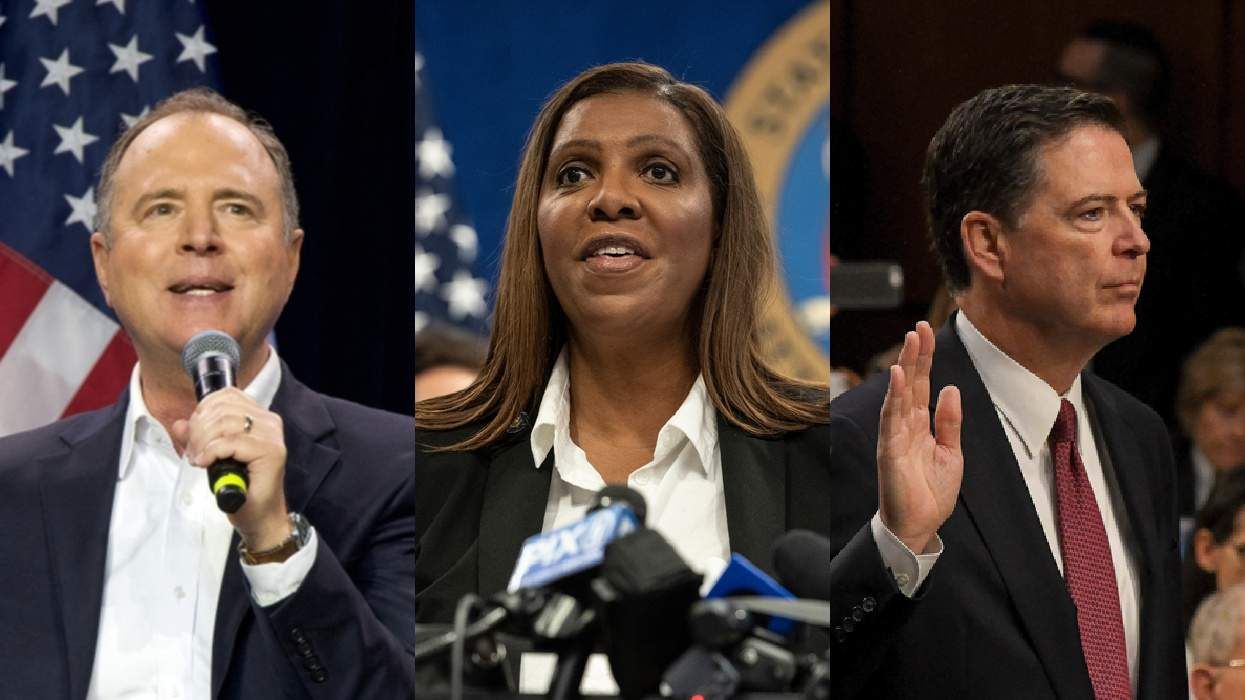

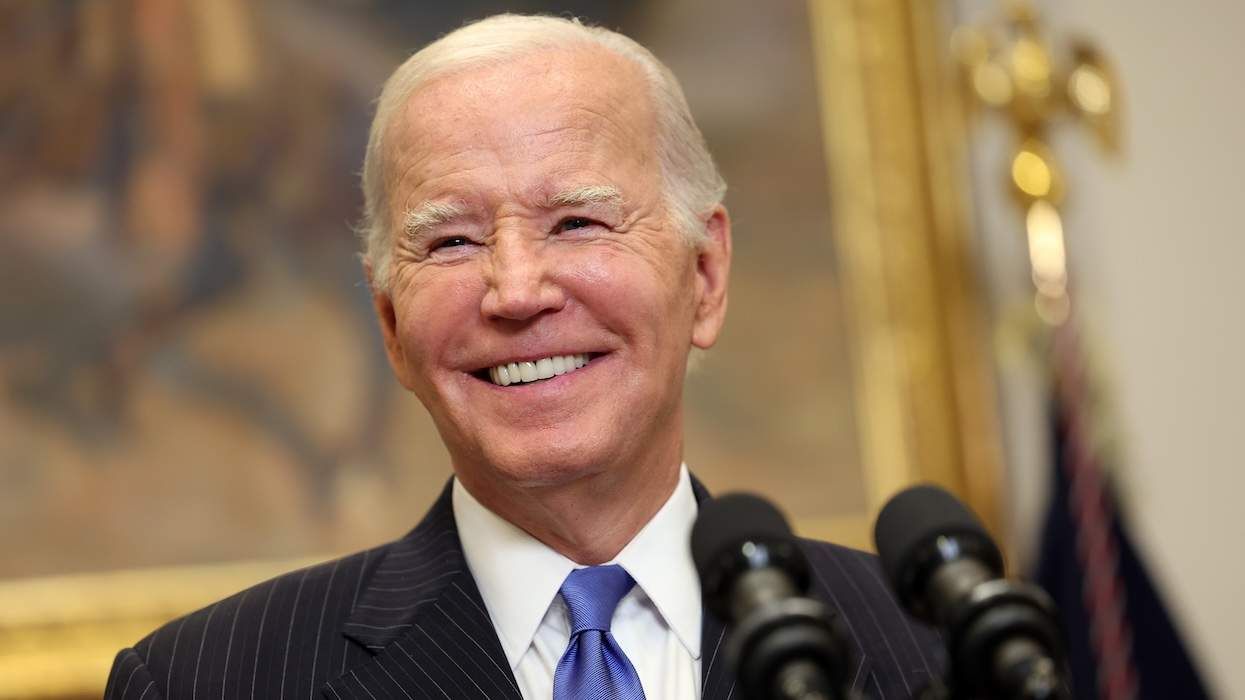
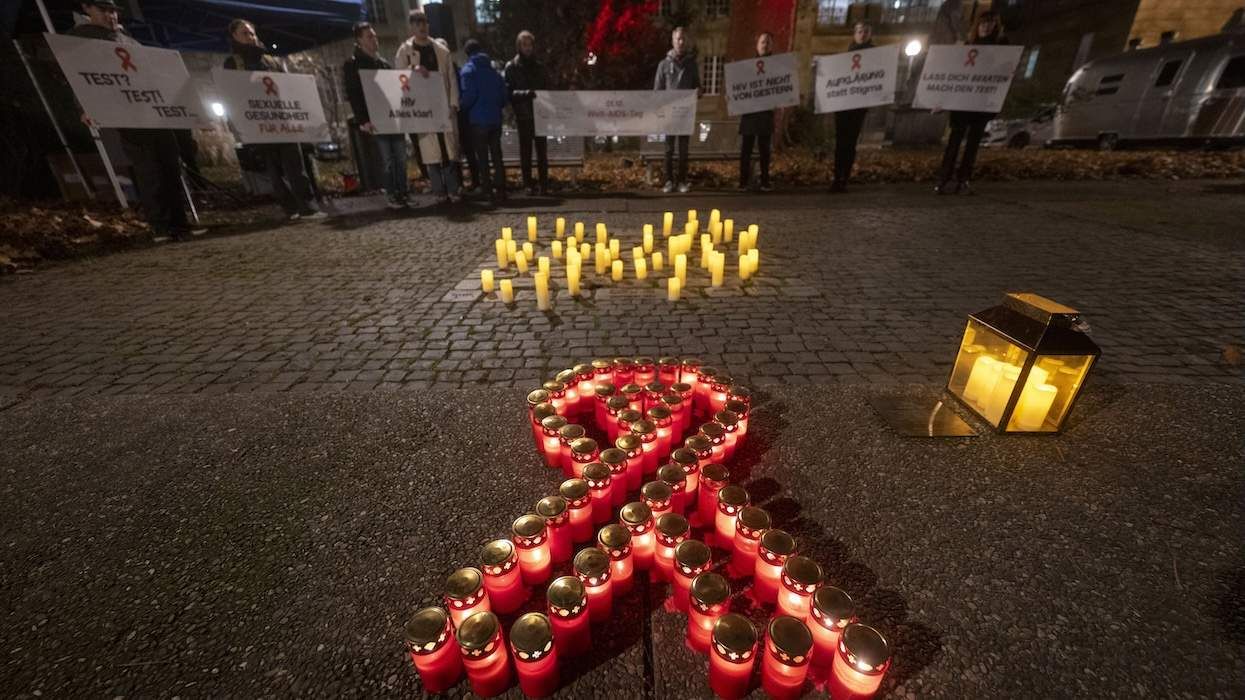


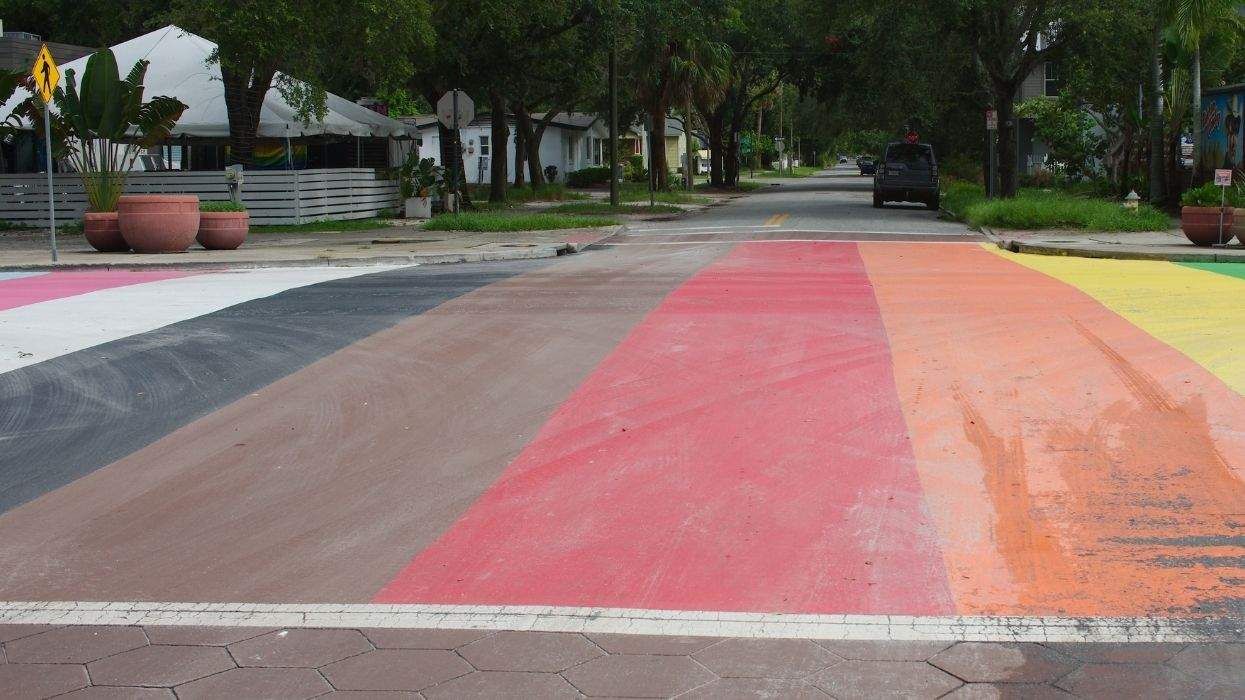
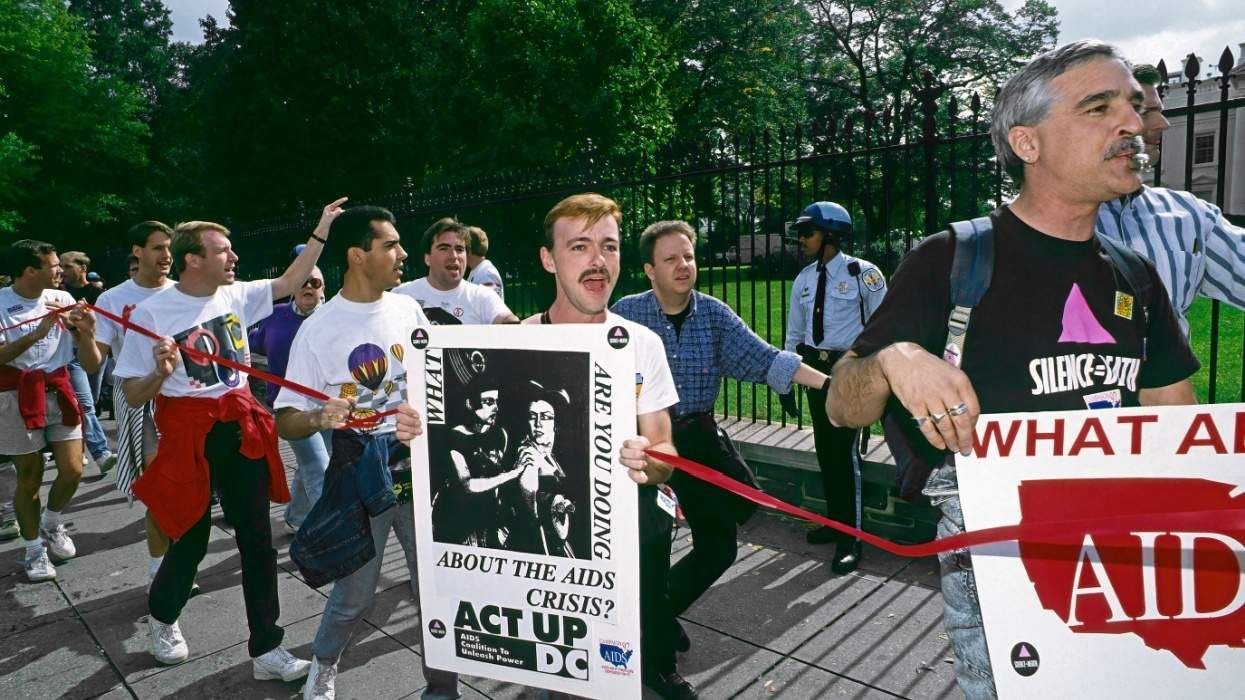

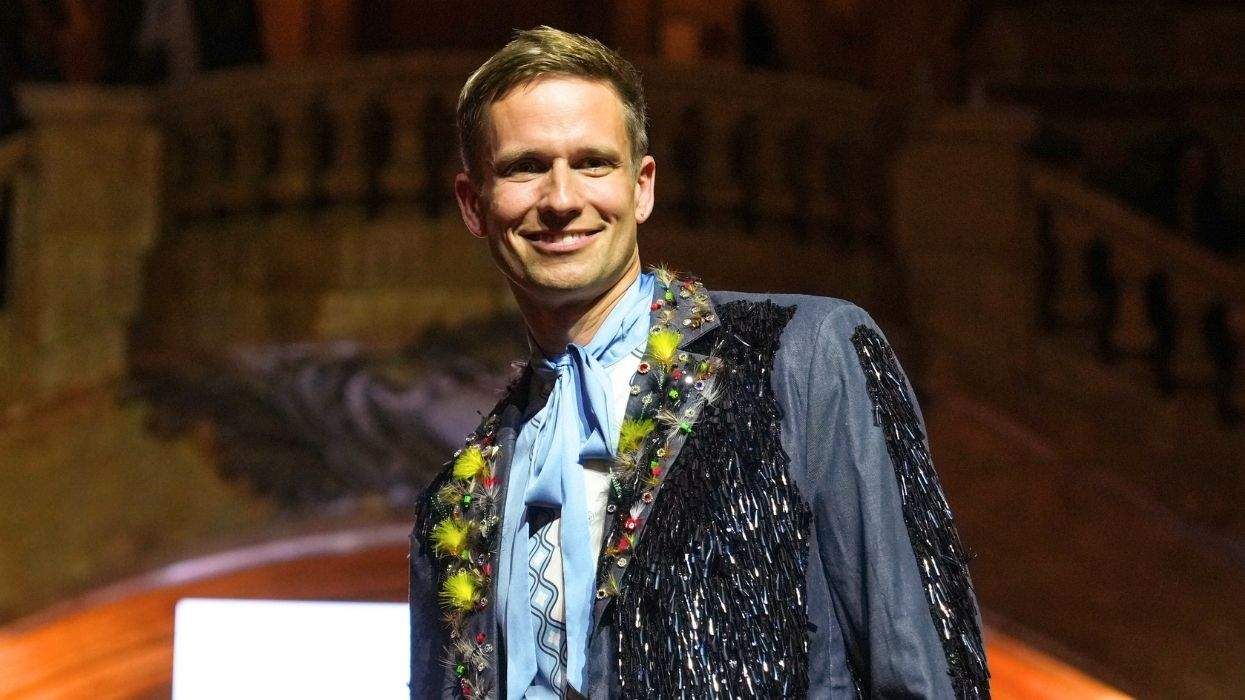
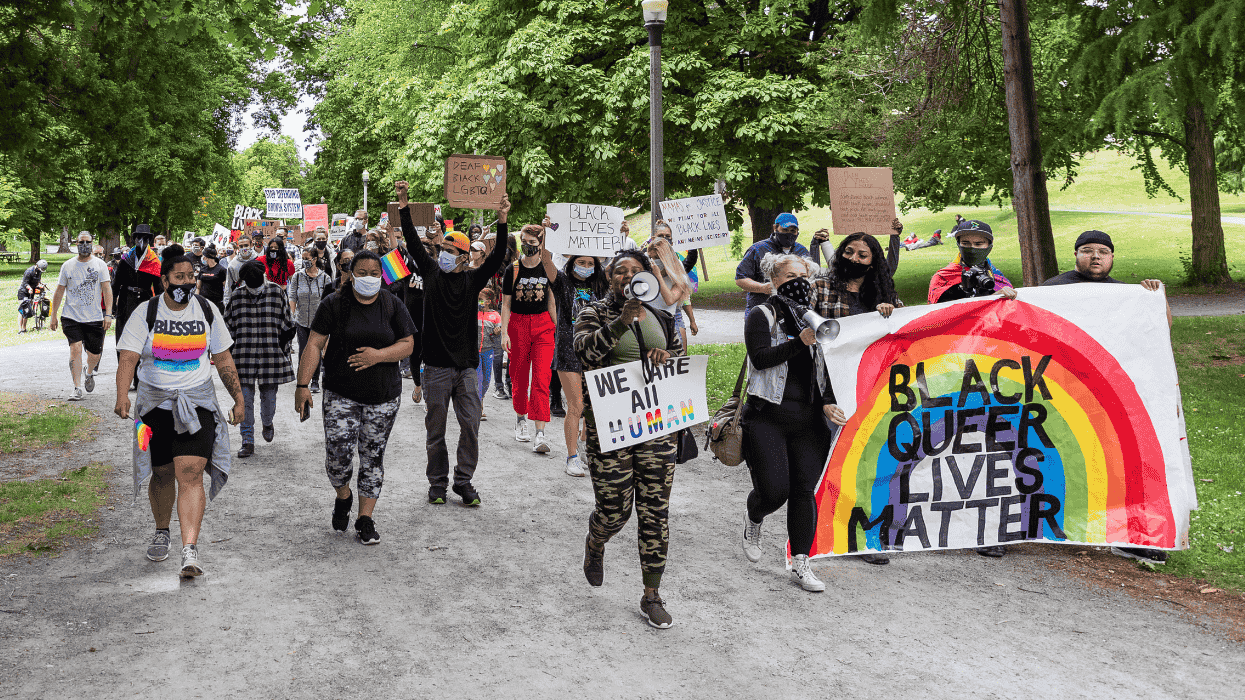
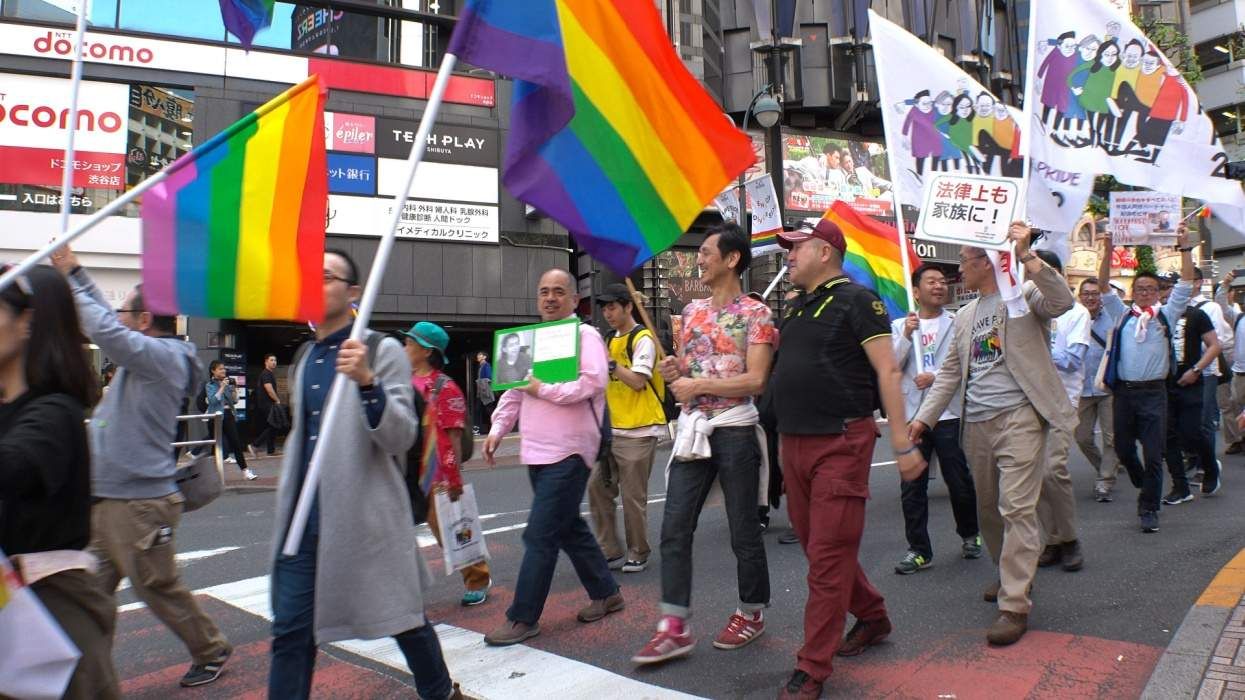
















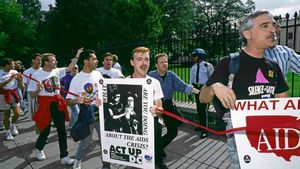
























Charlie Kirk DID say stoning gay people was the 'perfect law' — and these other heinous quotes